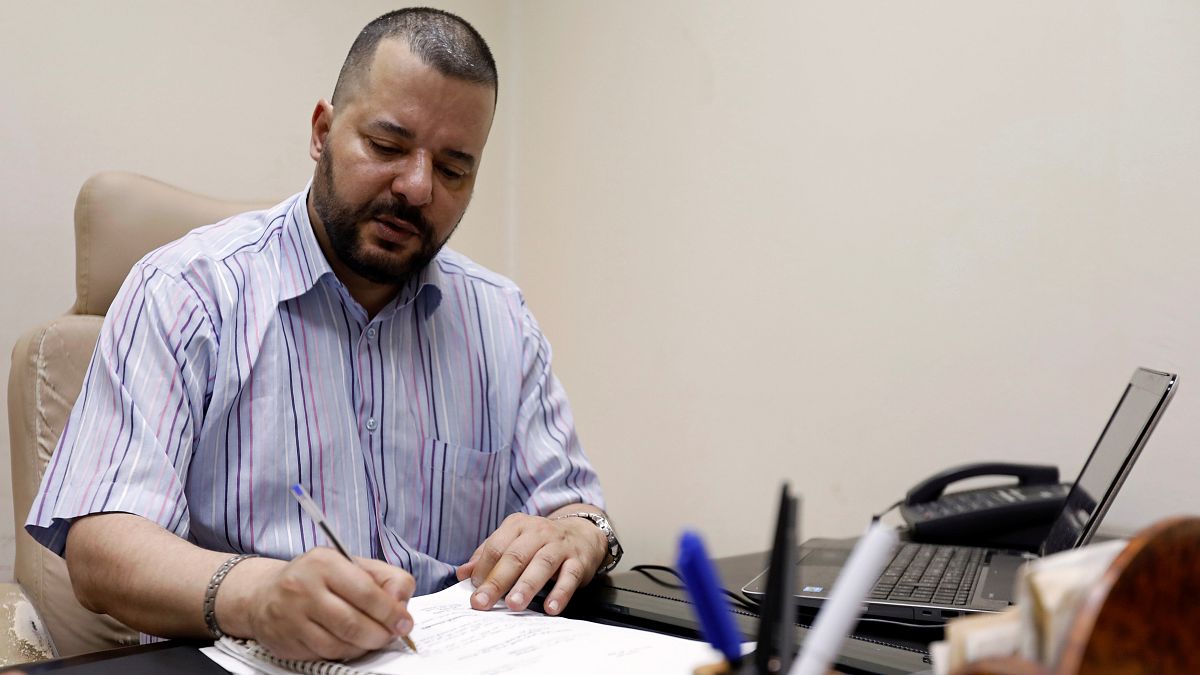Mounir Baatour says there has been a “positive” reaction to his campaign to become Tunisia's first openly gay president.
A gay lawyer and politician hoping to become Tunisia's next president says there has been a mostly “positive” reaction to his campaign — even though the Muslim country remains bound by colonial-era anti-LGBT laws.
Mounir Baatour, president of the country’s Liberal Party, says he will stand in November’s election to replace ailing 92-year-old, Beji Caid Essebsi. He has already collected well over the necessary 10,000 signatures.
Although the party remains on the fringes of Tunisian politics, his candidacy itself is a big test in a country where gay sex is illegal and punishable with up to three years in jail.
The 48-year-old lawyer was jailed for sodomy in 2013 and his LGBT rights group, Shams, has frequently been targeted with closure attempts under vague public decency laws.
Homosexuality itself is not illegal; it is unclear if authorities would use his sodomy conviction to prevent his official candidacy.
Baatour, who graduated from a French university, stresses his campaign is focused on economic and social policies such as higher wages and help for the unemployed, rather than gay rights.
“It is one of the points of my programme,” he tells Euronews. “I don’t think my campaign will be focused on LGBT rights. I have an economic programme, a cultural programme, a social programme. I promise to increase the allocation to students, to [unemployed] people. I want to increase salaries in Tunisia.”
He says “a lot of opinion” has been expressed surrounding his announcement and there is debate on his Facebook page.
“Tunisian people react positively in the majority to my candidacy, but there are other people who are against," he said. "I respect all the opinions and I respect democracy and, as a candidate, I have to listen to all Tunisian people and all opinions.”
He adds: “I am a Tunisian citizen. I have a career as a human rights defender and I hope to be president of my country. It is my right to have this ambition.”
He believes Tunisia’s relatively liberal position on personal freedoms marks it out from other Arab nations. In particular, he points to the reforms of the country’s first post-colonial leader, President Bourguiba, who served from 1956 to the 1980s.
“Tunisia under President Bourguiba abolished polygamy, allowed adoption, allowed abortion, forbade the repudiation of women,” Baatour says. “I think my country is a modern country, a progressive country and we can’t compare Tunisia to other Arab countries on equality and other individual freedoms.”
He steers away of discussion about the more mainstream Islamist parties, saying Islamist politics “is the incubator of extremism and antagonism”.
“I am for freedom,” he said. “And I think others don’t respect democracy.”
Indeed, his party’s policy in favour of normalising relations with Israel is probably of greater concern to conservative Arab voters than repealing sodomy laws.
Essebsi, a major player in Tunisia’s transition to democracy since the 2011 Arab Spring, is suffering a “severe health crisis”, his office said last month.
The country’s parliament has amended its electoral law to bar businessman Nabil Karoui, owner of a private TV station critical of the government, from running in the election. The amendment says that the elections commission must reject candidates who benefit from “charitable associations” or foreign funding during the year before an election.
Among other declared presidential candidates are Hamadi Jbeli, the former Islamist prime minister.
